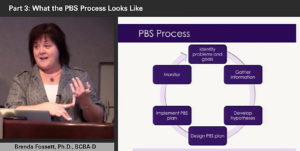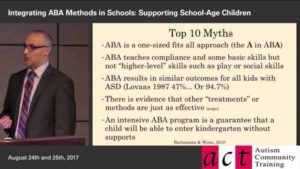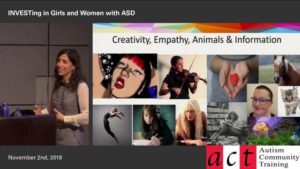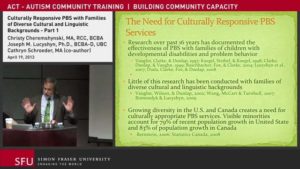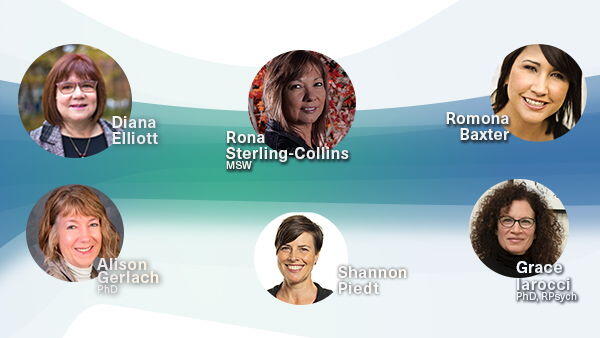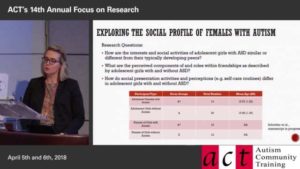from ACT’s 12th Annual Focus on Research
Filmed April 15th, 2016
In this lecture, based on research in South Korea, India, South Africa, and among Korean-American and African-American communities in the United States, anthropologist Roy R. Grinker addresses three questions relevant to research on Autism Spectrum Disorder:
1) What does it mean to say that a phenomenon is “cultural?”
2) What are the cross-cultural commonalities and differences in how autism is defined and treated?
3) What kinds of cross-cultural research can have an impact on early detection and intervention?
He will also discuss science as a cultural formation that promotes and constrains scientific and popular definitions of ASD, epidemiological research on ASD, and the social movement to refigure autism as ability instead of disability.
Dr. Roy Richard Grinker, Professor of Anthropology, International Affairs, and Human Sciences at George Washington University. Author of Unstrange Minds –Remapping the World of Autism.
Part 1.1: The Role of Culture in ASD
Unstrange Minds: Remapping the World of Autism by Roy Richard Grinker: http://www.actcommunity.ca/resource/151/
Part 1.2: Cultural Perspectives
Part 1.3: Autism as Cultural Construct
- A History of Autism: Conversations with Pioneers. By Feinstein, Adam
- The Handbook of Autism: A Guide for Parents and Professionals. By Aarons, Maureen with Gittens, Tessa
- More discussion of Autism as Co-Morbid: Online video Identifying and Treating Co-occurring Mental Health Challenges in Children with ASD
- Journal Article: Comorbidity of intellectual disability confounds ascertainment of autism: implications for genetic diagnosis
Part 2.1: What is Culture/Cultural Variations in Behavior
Part 2.2: Translation and Adaptation
Autism Speaks 100 Days Kits – Korean
Part 2.3: Mobilizing Community Systems for Intervention
Definition: Structural Violence
Strategies for attaining recognition:
1. Go to other service providers
2. Find counter-authority (SLPs for example)
3. Counter powerlessness with power (resistance)
Part 2.4: South Korea – Some Examples
Part 2.5: Neurodiversity
Part 2.6: Q&A
- Q: Fetal Alcohol Syndrome
- Q: How do we get past the barrier of autism as stigmatizing?
- Q: don’t you have to believe that the system will help to accept a diagnosis?
- Q: What is approach of families with children with significant challenges, where diagnosis cannot be denied?
- Q: How can we go back to our own communities to expose challenges and assumptions to help our own communities
- Q: Will trajectory of autism continue to increase?
- Q: In countries where services available, are children over-diagnosed in order to receive services?

